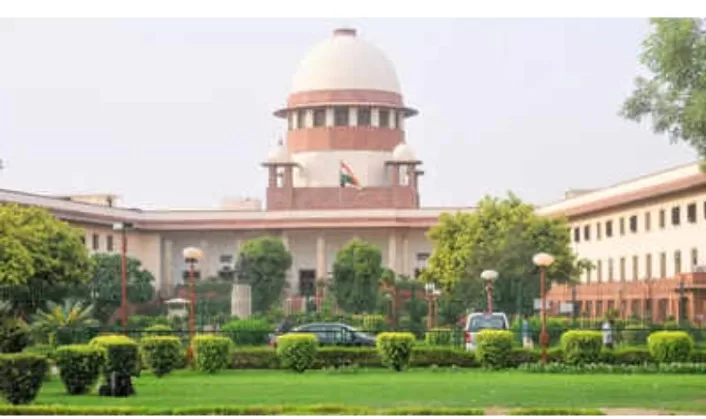In a recent ruling, the Supreme Court of India dismissed a proposal to classify defamatory statements made against political opponents within Parliament or state assemblies as part of a criminal conspiracy. The court emphasized that derogatory remarks uttered inside these legislative bodies do not qualify as criminal acts.
This ruling came in response to a case concerning whether lawmakers can claim immunity from criminal prosecution in cases involving bribery linked to their speeches or votes in Parliament or state assemblies.
The case in question involved allegations against Jharkhand Mukti Morcha (JMM) MLA Sita Soren, who was accused of accepting bribes from a candidate during the 2012 Rajya Sabha elections. She sought protection under Article 194(2) of the Constitution, which grants immunity from prosecution to legislators.
Senior Advocate Raju Ramachandran, representing Sita Soren, argued that she should be immune from prosecution under this constitutional provision, which states that legislators are not liable to any proceedings in any court regarding anything they say or any vote they cast in the legislature.
Ramachandran expressed concerns that failing to grant immunity for actions connected to a vote or speech within the House would expose legislators to potential charges of conspiring to defame their colleagues through offensive speeches. He cited the recent controversy involving BJP MP Ramesh Bidhuri’s anti-Muslim slurs against BSP MP Danish Ali to support his argument.
Ramachandran underscored the need for comprehensive immunity from prosecution for actions linked to a vote or a speech, stating, “The immunity from prosecution for anything associated with a vote or speech, even if it involves bribery or conspiracy, must be unequivocal.”
However, a seven-judge bench, led by Chief Justice of India DY Chandrachud, disagreed with this proposal and clarified the definition of a criminal conspiracy. The CJI explained, “An act is considered a criminal conspiracy if it is intended to commit an unlawful act. However, making so-called defamatory statements on the floor of the House is not unlawful and is constitutionally protected from prosecution.”
He added, “Furthermore, if the elements of a crime are contained within the speech itself, which is immune from prosecution, there can be no liability under criminal law.”
Attorney General R Venkataramani argued that actions deemed offenses under any statute cannot find refuge under the immunity granted to lawmakers for their freedom of speech and voting within the House.
However, Venkataramani distinguished Sita Soren’s case, asserting that voting in Rajya Sabha elections had no direct connection to the proceedings of the legislative body. Consequently, bribes allegedly taken for voting in the upper House could potentially lead to prosecution, he added.
Solicitor General Tushar Mehta argued that the immunity granted under Articles 105(2) and 194(2) of the Constitution could not extend to cover bribery since the offense, even when related to voting or speech within Parliament or assemblies, occurred outside the legislative chambers.
He asserted, “The Supreme Court need not interpret these provisions with the exceedingly rare scenario of one MP bribing another MP inside the House for a particular vote or speech in mind.”
Following a two-day hearing before the seven-judge bench, the Supreme Court reserved its verdict on the matter.







